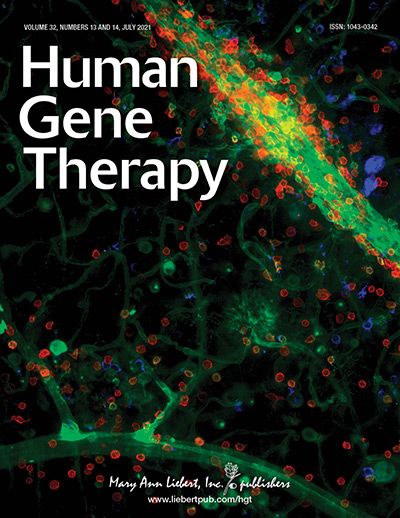The severe acute respiratory syndrome coronavirus 2 (SARS-CoV-2) began in December 2019 and rapidly spread to other provinces in China as well as other countries. In this study, 262 patients diagnosed with moderate to severe SARS-CoV-2 pneumonia in Wuhan, China, were analyzed. Data were compared between survivors and nonsurvivors. Of all the 262 patients, 23 (8.8%) patients died and 239 (91.2%) were discharged. The median age was 63.5 years and 46.9% of patients were male. The main complaints were fever (83.6%), cough (63.4%), and fatigue (49.2%) in the surviving group, while there were more complaints of dyspnea (39.1%) and shortness of breath (56.5%) in the nonsurviving group. The main comorbidities were hypertension (35.5%), diabetes mellitus (16.4%), and coronary artery disease (9.9%). Morbidity is higher in elderly patients with more comorbidities. Patients were mainly treated with nasal cannula (93.9%), while the nonsurviving group received more invasive mechanical ventilation (39.1%). Arbidol (80.9%), ribavirin (36.6%), oseltamivir (38.9%), interferon (16.4%), and ganciclovir (14.5%) were used for the antiviral treatment. In the nonsurviving group, the number of white blood cells (WBC) was significantly increased and lymphocytes were decreased, and lymphopenia was more common. The levels of aspartate transaminase (AST), brain natriuretic peptide (BNP), creatine kinase isoenzyme MB (CK-MB), lactate dehydrogenase (LDH), and C-reactive protein (CRP) were also significantly increased in the nonsurviving group. The adjusted hazard ratios (HRs) for association of known variables for all-cause mortality due to the coronavirus disease 2019 were 2.467 (95% confidence interval[CI], 1.007−6.044; p = 0.048) for shortness of breath and 1.025 (95% CI, 1.001−1.049; p = 0.042) for AST. Elderly patients with more comorbidities and complaints of dyspnea and shortness of breath had increased risk of death. Patients with lymphopenia and high levels of WBC, AST, BNP, CK-MB, LDH, and CRP may be more likely to deteriorate.
Human Gene Therapy.
